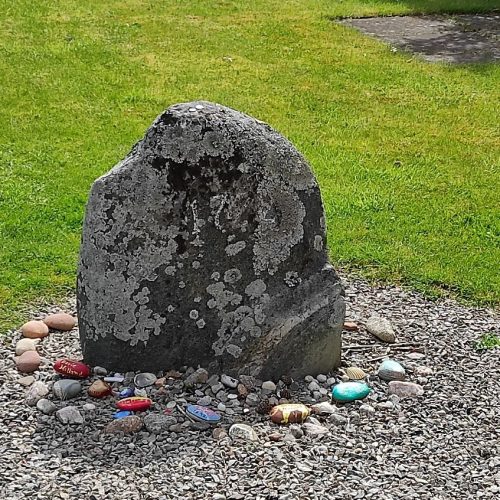text by Lucyna Krawczyk-Żywko
The following text contains fragments from my latest article Transtemporality and Transmemory in Beforeigners: Or, “Jack the Ripper has timeigrated”, Again (Neo-Victorian Studies 14:1).

Beforeigners (2019–) is an intriguing example of and commentary on the way in which transnational audiences and creators grapple with the myth of “Jack the Ripper”. The premise of the series is timeigration, which should not be mistaken for time travel. The setting is a near-future Oslo that has to face an unexplained, uncontrolled, and apparently unintentional – at least on the part of its subjects – global phenomenon. It manifests in sudden appearances of titular “beforeigners”, immigrants from past epochs, as varied as the Stone Age, the Viking Age, and the late nineteenth century.
The second season of Beforeigners opens with a scene from the past. Set in London’s Whitechapel in 1888, just after the murder of Mary Kelly, it immediately creates certain associations and expectations for the audience. Since the narrative involves timeigration, logic and general knowledge would dictate that the late-Victorian killer, who was never caught, has timeigrated into the future. Consequently, viewers are on the lookout for familiar tropes and clues, and one of the earliest signifiers of the Ripper themes are the victims. Though the series fails to give them meaningful voice or agency, it refrains from glorifying the killer and manages to demythologise him, mostly through the flâneur-like cultural gaze of a transtemporal detective.
Alfhildr Enginnsdóttir (Krista Kosonen) is a former Viking shield-maiden and the first beforeigner to join the ranks of the Oslo police department. Despite her often comic social and etiquette blunders, she quickly proves her mettle to her colleagues and superiors, forming an effective professional partnership with Lars Haaland (Nicolai Cleve Broch), a somewhat generic, troubled but sympathetic detective with an addictive personality and a complicated personal life. Together, they fight crime and John Roberts (Paul Kaye) – or, as she initially calls him, “Check Dripper”.
While almost everyone around Alfhildr knows something about the Whitechapel case, she does not even recognise the “Jack the Ripper” moniker. What she lacks in knowledge, she makes up for with research, which, to a large extent, is based on widely available (stereo)typical hypotheses and conjectures about the killer and the victims. Alfhildr’s temporally diverse background equips her with a certain cultural distance and enables her to challenge commonly held assumptions. It would be tempting to argue that the viewers of the TV show are equally temporally and culturally distanced from the Whitechapel killer. The double performance of Roberts-the-contemporary-killer and Roberts-the-accidental-myth-maker perceived through the neo-Victorian lens poses the question of the audience’s own assumptions and knowledge. The viewers’ temporal or cultural distance from the historic crimes does not outweigh the impact of their various vicarious immersions into numerous neo-Victorian rewritings of the case, making the Beforeigners timeigrant a more astute observer and interpreter.
Challenging the assertion that everyone knows something about the 1888 case, the series subverts viewers’ expectations stemming from Jack the Ripper’s afterlife in cultural memory. Following the transtemporal detective, audience members suspend their collective memory to reload it with what Alfhildr discovers. The name I gave to such transposition of cultural memory with new data or remembrance is transmemory. Should you wish to learn more about the concept, the detectives, the victims, and the myth of the killer, please visit the Neo-Victorian Studies website.


